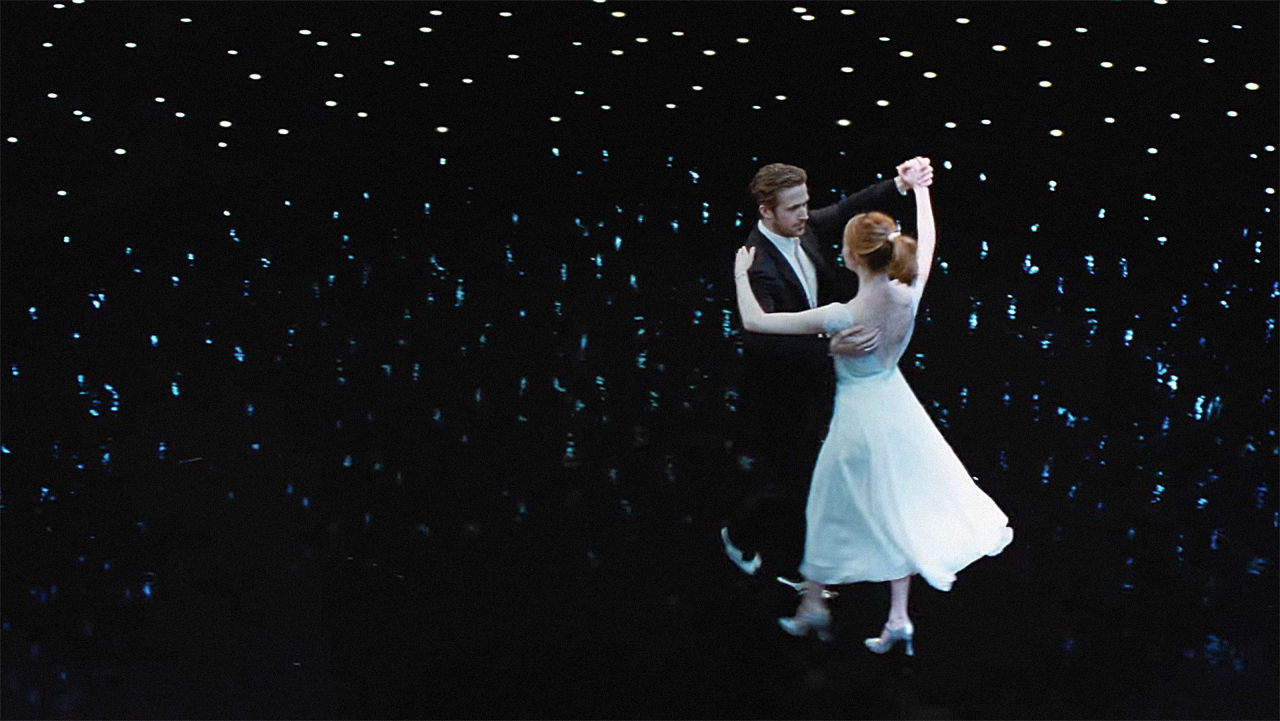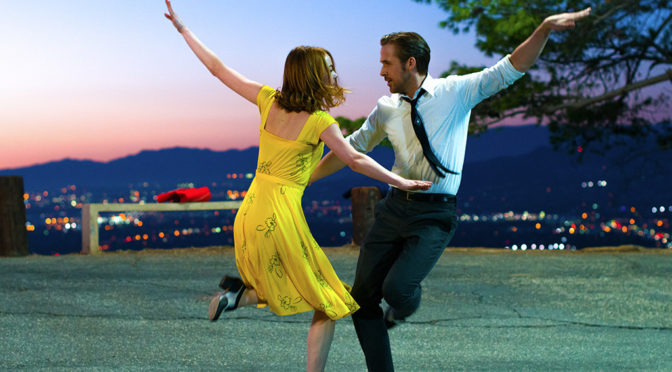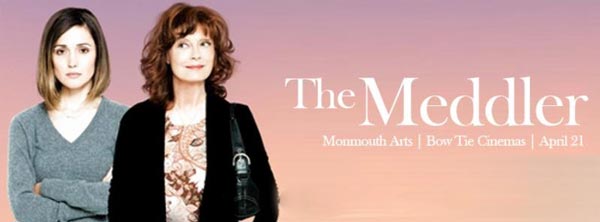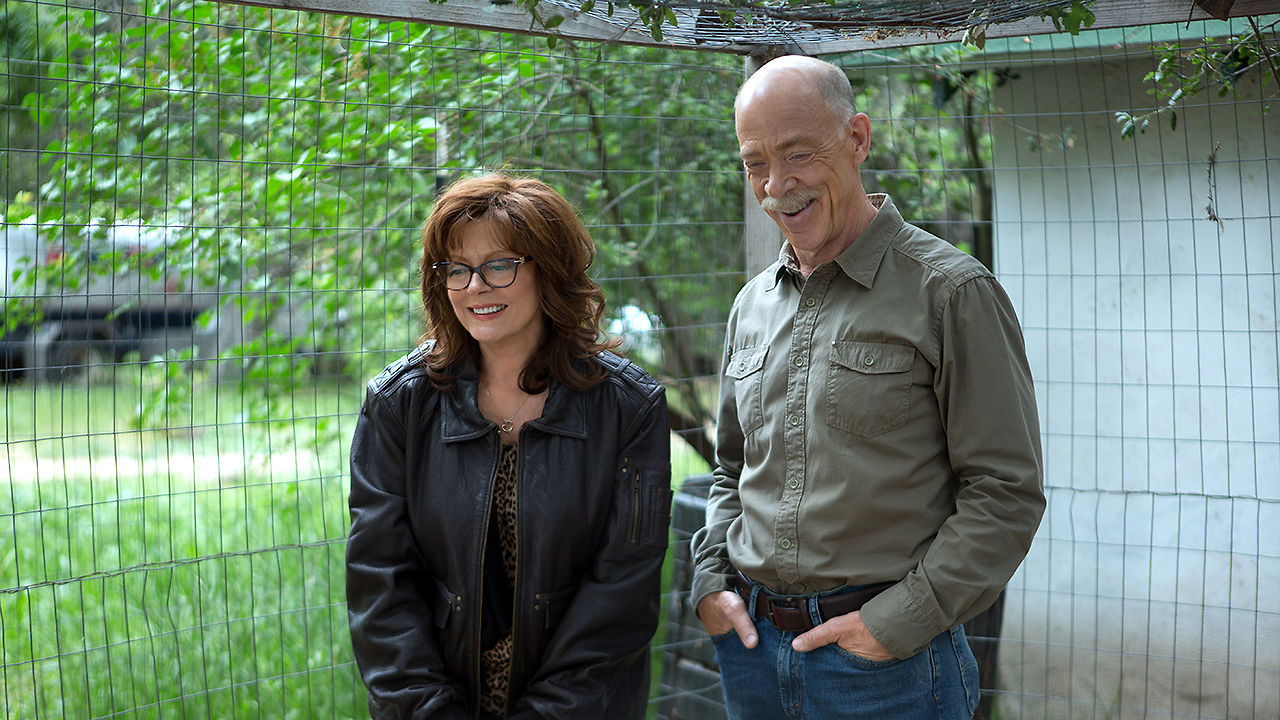The musical genre has been in decline for decades. There have been a few exceptions like Into the Woods and The Last Five Years, but the majority of music-heavy films have shifted towards movies like Pitch Perfect that feature music, but not as a means of narrative progression. Following up his successful Whiplash, Damien Chazelle seeks to curb this trend with La La Land, a modern day musical. Based partly on his time as a struggling artist, the film stars Emma Stone (The Help) as Mia, a part-time barista trying to become an actress, and Ryan Gosling (Drive) as Sebastian, a jazz pianist who wants to open his own club. The two have their own meet cute on a crowded LA highway and quickly enter a relationship. The film follows them as they pursue their passions with, or without, each other’s support.
Where Chazelle succeeds is balancing the tone of the regular and musical parts of the film. The musical numbers, while larger than life, seem slightly more grounded than a classic musical. Stone and Gosling are not professional dancers and their well-practiced but noticeably imperfect steps add a touch of realism. To contrast this, the non-musical scenes are heightened to a state of near-fantasy. The film blends retro stylings in the form of outfits and props with the modern setting and uses saturated cinematography (purple is a common color of the night sky here) to accentuate a dreamlike quality. Combining this with the long takes used in the songs, the film is able to move back and forth between its show tunes and dialog smoothly without creating a jarring disconnect. Both the music and the characters seem like they can exist in the same world.

There are many more technical marvels. The dance numbers can be epic in scale with dozens of performers each and the kinetic camera movements add a frenetic energy. Lighting will change at a moment’s notice, pushing a character from one of many to the sole focus of the viewer. Instead of just dancing in the streets, Chazelle adds welcome variety by shooting his characters ascending into the sky or in silhouette. His command of the screen and ingenuity during these sections is laudable and the inventive visuals are often mesmerizing.
The obvious influences here are the works of Fred Astaire and Gene Kelly. Chazelle is going for the same memorable routines that burst out of any emotional peak. The ending sequence in particular is reminiscent of the finale of An American in Paris. Of course, expecting Stone and Gosling to rival the grace and charisma of Astaire and Kelly is unreasonable, but the unfortunate reality is that none of the numbers in La La Land have the staying power of its predecessors. Despite the panache on display, the biggest tunes are forgotten as quickly as they arrived. The only standout song is an aching ballad sung by Stone during an audition. The rest of the tracks are loud, but without feeling. The best comparison of the musical scenes isn’t their counterparts in a Vincente Minelli movie, but rather the explosions in a modern action flick. They are flashy, look expensive, and take a tremendous amount of coordination to pull off, but like in a Michael Bay film, they lack impact. La La Land is a well-intentioned throwback that showcases expertly staged but emotionally hollow musical numbers, bound to quickly fade from memory.

3/5 stars.


